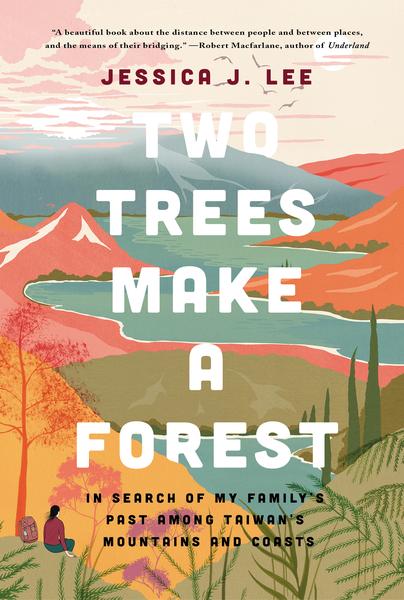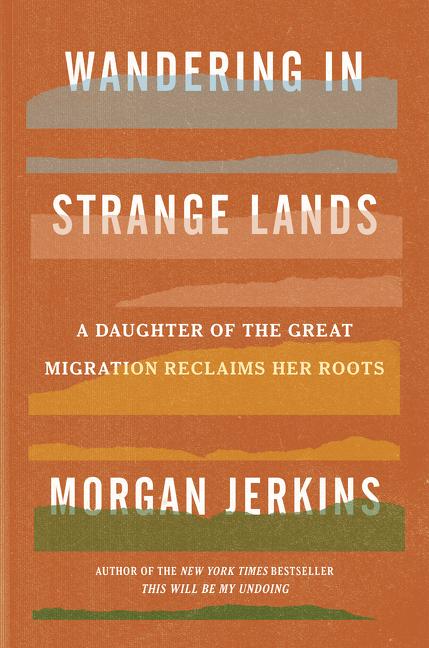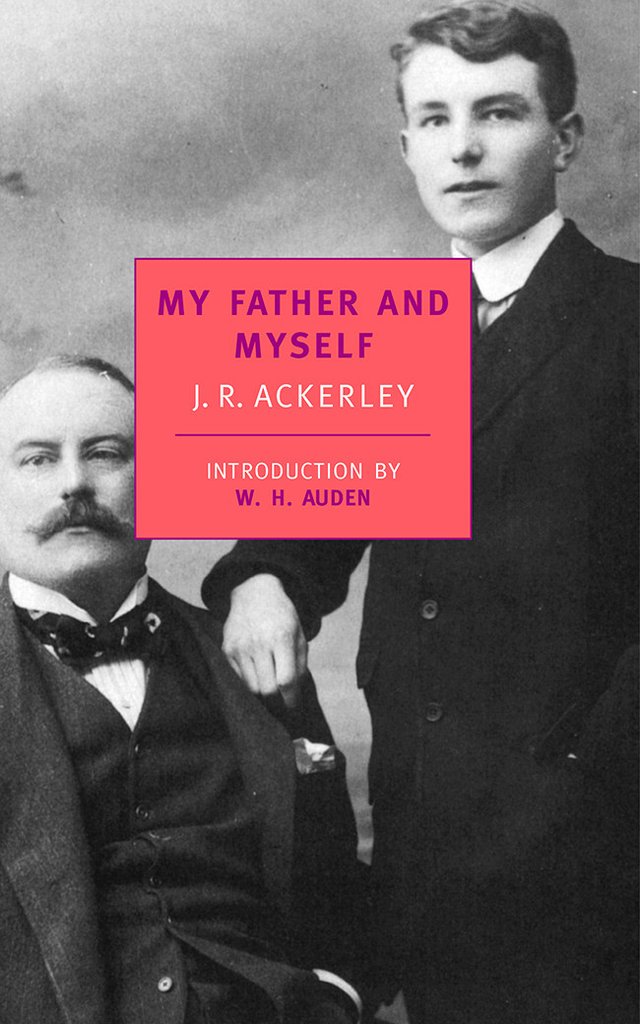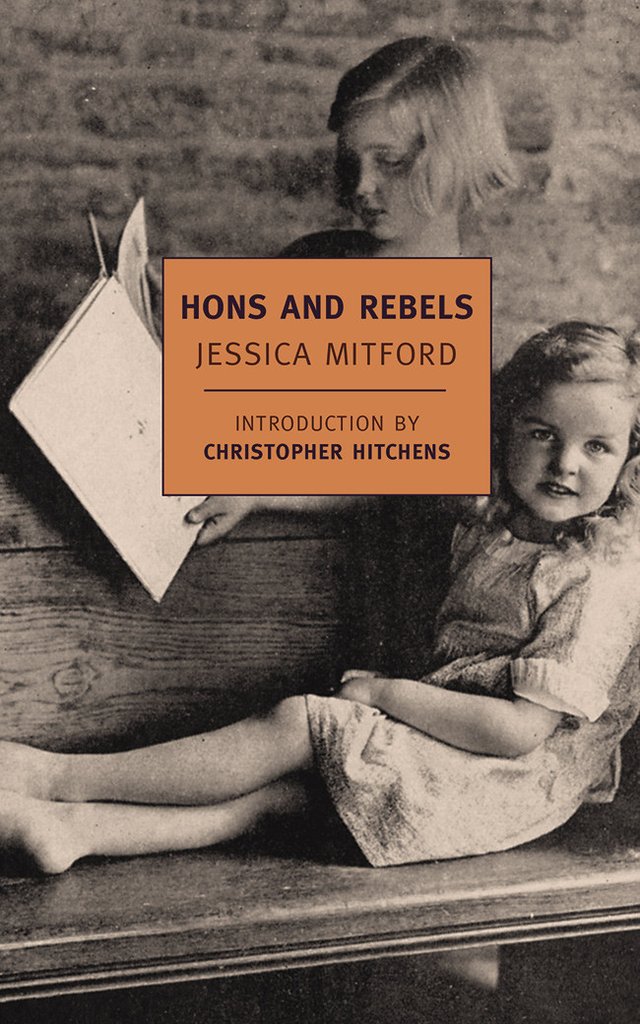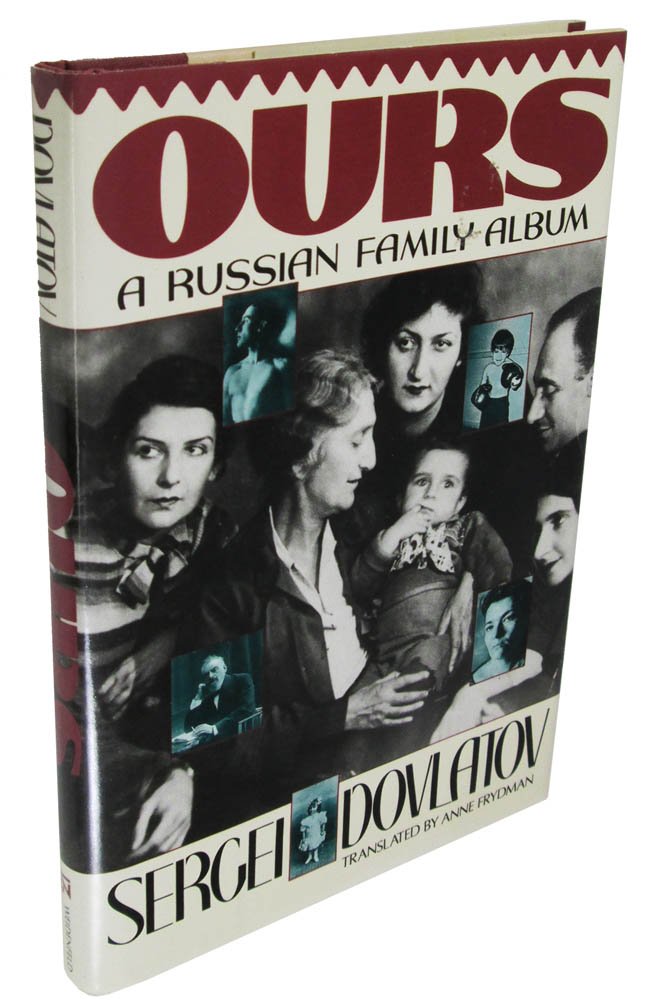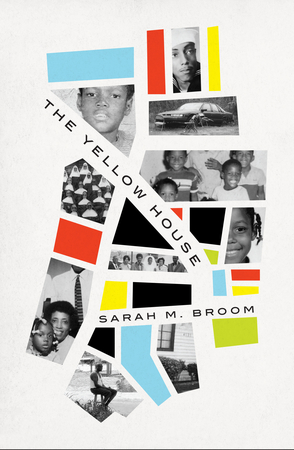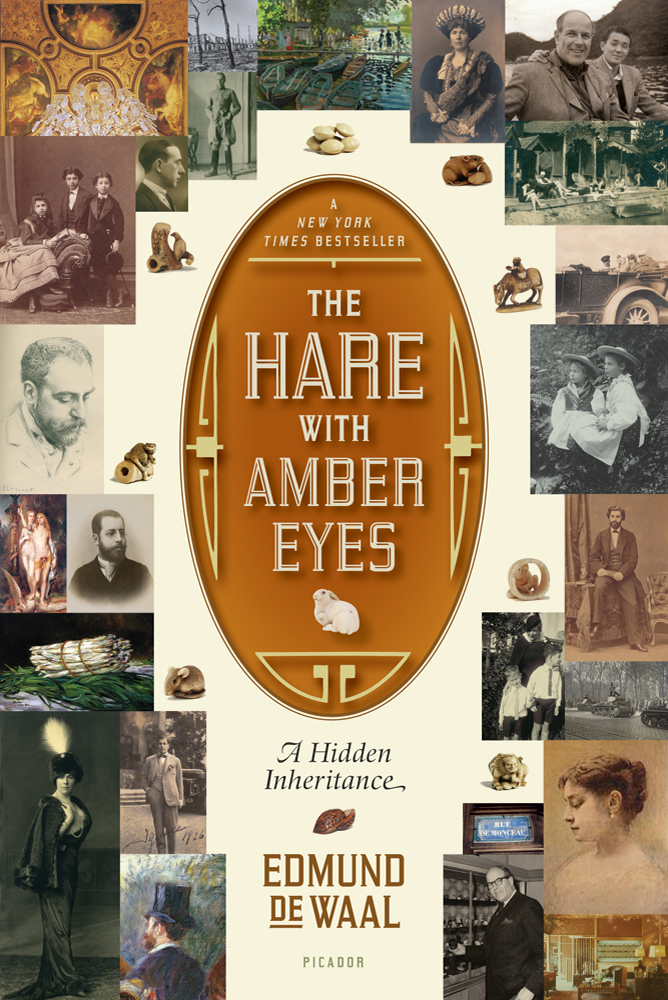If you enjoy reading Electric Literature, join our mailing list! We’ll send you the best of EL each week, and you’ll be the first to know about upcoming submissions periods and virtual events.
There are as many different kinds of memoirs as there are novels, maybe more. The public-figure memoir. The witnessing-history memoir. The survivor’s memoir. The addiction memoir. The let-me-set-the-record-straight memoir. The travel memoir. The memoir about one specific family member. The gardening memoir. (Jamaica Kincaid has one of each of the last three! All are excellent, but let me especially recommend My Brother). There’s the year-in-a-life-bildungsroman memoir (commonly, but not always, a travel-memoir hybrid). The illness memoir. The year-I-got-divorced memoir. The birding memoir. The memoir-in-essays. The I-discovered-some-old-journals-in-the-closet memoir. The childhood memoir. The going-home memoir. The you-can-never-go-home-again memoir…
When I was writing my memoir, Low Country, I imagined it as a combination of the latter three. A story of an unusual girlhood in a place that I love, but that struggles with a violent history and uncertain future—the coast of South Carolina is as haunted as it is beautiful, and for good reason.
As I researched and wrote, I began to see my family’s own particular ghosts reflected in the hurricanes and folklore of the region, especially in the stories of my grandmother, who did what she could to hide the abuse she suffered at the hands of her husband. Even as my hometown of Myrtle Beach grew to welcome tourists from far and wide, the lives of the women in my family narrowed and faded away. I had to reconsider who I had been made by all of this history, and what I wanted to be. More and more, I turned to memoirs about family secrets not only for clues about how to approach my writing, but for comfort in the authors’ accounts of searching for unknowable answers.
In these seven memoirs, the authors untangle their family stories to find a place for themselves in history:
Two Trees Make a Forest by Jessica J. Lee
This memoir is nearly uncategorizable in the absolute best ways: part family saga and travel narrative, part nature writing and environmental history, part history of colonialism and the ensuing tragedies, part linguistic primer. A cache of autobiographical letters written by her grandfather, an immigrant from Taiwan, leads Lee to travel to Taipei and begin a search for his story. As she charts her family’s history, she is surrounded by the story of Taiwan and her family in China. Like so many family stories, the author is haunted by what’s been lost to history and time: people, places, language, all the potential selves contained in the infinite permutations thereof. Still, like a magic trick, it is forward-looking and optimistic. The prose is as lush and beautiful as the landscapes she hikes. Every paragraph is like picking up a natural treasure on a path: a shimmering shell, a fallen leaf, a beautiful flower.
Wandering in Strange Lands by Morgan Jerkins
Having grown up in New Jersey, the author begins with a childhood memory of her father introducing a photograph of unknown siblings. And that becomes the catalyst for retracing her paternal family in the South, while comparing her maternal family’s less-known journey. Jerkins’s search for her history and heritage becomes an inward journey, examining how the internalization of a “move forward and never look back” mentality shaped her, and what she missed by never looking back. She follows the “migratory routes of yesteryear” in writing that is compelling and propulsive, examining the traditions, anxieties, and lore that becomes history. I hope that this book replaces, or at the very least, supplements history books in classrooms across the country, but especially in the South.
My Father and Myself by J.R. Ackerley
J.R. Ackerley is most well-known for My Dog Tulip, a tribute to his beloved German shepherd (yet another memoir category: the life-with-a-dog memoir). This book is dedicated to Tulip, and I think of it almost as a prequel. His single-paragraph-long forward is a shrugging, mea culpa–lite that lays out the main dilemma of writing memoir more plainly than I’ve seen anywhere else: that of how to balance the unreliability of memory with the reality you’re searching for: “The apparently haphazard chronology of this memoir may need excuse. The excuse, I fear, is Art,” he warns.
Ackerley grew up in a modestly affluent English family, but upon his father’s death, he discovers that his father had a secret life and a second family. Ackerley must reexamine all the family history he took for granted, retracing memories of the father he thought he knew. Witty, self-deprecating, and confessional, a history that gets at the double lives we all live and the deceptive two faces of history: the real truth that is lost and what little we can ever truly recapture.
Hons and Rebels by Jessica Mitford
As a younger daughter of an impoverished aristocratic English family, Jessica Mitford must learn the family history propping up their country manor even as it falls to pieces around her in every sense, all while being in the unique position of watching her numerous older sisters create what has become one of the more infamous family histories of the era. Most famously, her sister Diana—a Helen of Troy-esque beauty, who was the brightest of the bright young things, until leaving her prominent husband for England’s most-renowned Fascist. Another sister declared herself in love with Hitler and shot herself. Another sister, Nancy, also among the cast of bright young things, becomes a famous writer. Jessica joins the Communist party and elopes with Winston Churchill’s nephew to fight in the Spanish Civil War. Ultimately, she becomes a footnote in 20th-history herself, emigrating to the U.S. and becoming a civil-rights activist and a journalist.
Ours: A Russian Family Album by Sergei Dovlatov
Reading anything by Dovlatov is the closest I’ve ever come to stepping in quicksand. The structure is wonderfully simple: with one exception, every chapter is centered around one family member. The literary aunt. The uncle in the red army. The cousin who can’t help himself. The family dog. The grandfather taken away and murdered in a labor camp. The exception is what’s become his most famous story, “The Colonel Says I Love You.” It’s about meeting his wife, and there are slightly differing accounts in The Suitcase and elsewhere, but that playfulness is what makes Dovlatov such a pleasure to spend time with. If there is a similarity between the sensibilities of Russian and Southern writing, that is it—the self-aware absurdity of mythologizing in real time on the page. There is a Netflix movie about Dovlatov that I’m too afraid to watch. If that’s not love, I don’t know what is… I defer to the colonel.
The Yellow House by Sarah M. Broom
Like Dovlatov’s memoir, the structure of Broom’s is brilliantly and deceptively simple. It’s the story of her family as told through the history of her family’s house in New Orleans East. Reading feels like walking the halls, climbing the stairs, opening door after door looking for stories and secrets. One of the things I love about this book is the sense of extended family, and extended family history, that she connects in the lives of her neighbors and in the history of New Orleans. She describes how much of the interior of the house was left unfinished after her father’s death, and it feels as if her writing is an act of repair—before Hurricane Katrina. That a hurricane could change your whole life, could change your family history, is a fact I grew up with on the coast of South Carolina.
The Hare with the Amber Eyes by Edmund de Waal
This extraordinary family-history memoir reads like a haunting, high-stakes detective story—Agatha Christie meets Stefan Zweig (both of whom wrote wonderful memoirs, as it happens). De Waal is an English ceramicist and artist, and this book is written in such elegance that it has the feel of one of the treasured heirlooms he writes about: his family, described as a wealthy Jewish banking dynasty, lost everything when the Nazis confiscated their property—except for a collection of small miniature sculptures. He begins to trace his family, the Ephrussi, from a patriarch in Odessa in the 1800s through expanding branches across Europe into the 20th century. The title of the book comes from their miniature sculptures, saved by a maid before the Nazis could take them, as they did everything else. De Waal describes making pottery with the same heartbreakingly fragility with which he handles his family’s stories. It creates a strange, unique tactile illusion of holding history itself in your hands.


